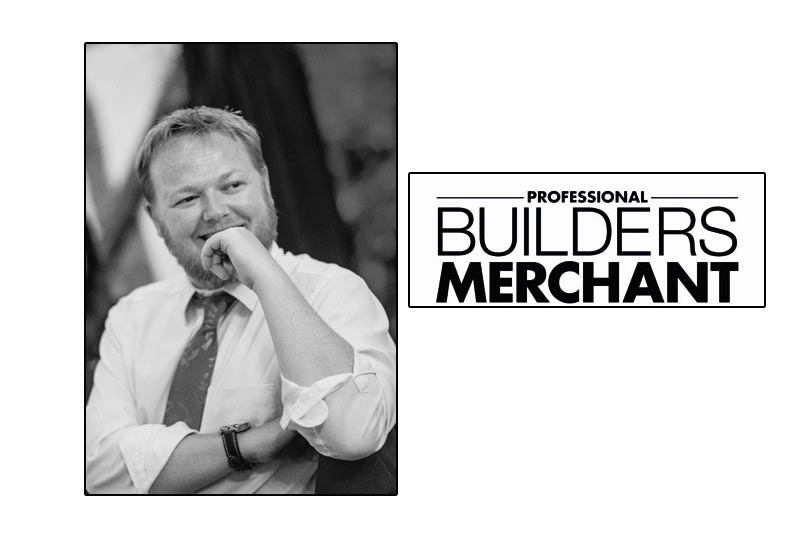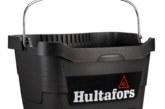
PBM’s editor Paul Davies used his Viewpoint column in the magazine’s July/August edition to reflect upon this year’s NMBS Conference.
In many ways representing the merchant sector’s marquee event, this year’s All Industry conference — as hosted by NMBS — appears to have received a rather positive verdict from those who were fortunate enough to have assembled on the shores of Lake Maggiore in mid-June.
The venue and vista, certainly, were spectacular. The networking opportunities were plentiful and the quick-fire ‘Meet the Merchant’ session a well-received fixture on the business programme. But what of the conference sessions themselves?
I have huge admiration for those tasked with organising events of any scale, not least one of this size, as a parade of poorly-received speakers can break even the most sympathetic audience. No matter how well-briefed they must be, I’ve lost count of the number of presenters who address a room full of merchants as though delegates were the ones ‘on the tools’. Similarly, it can be tricky to gauge how well instructive lessons learnt in other sectors can translate to enhanced service provision at a local merchant outlet.
One therefore has to give huge credit to NMBS and its team for putting together an especially cohesive and engaging line-up, presenting their topics in such a manner that there were numerous, clear ‘business takeaways’ for delegates to consider for their own organisations once they had returned home.
Whilst I particularly enjoyed keynote speaker Hamish Taylor’s engaging and enthusiastically-delivered session that drew on his experiences at BA, Eurostar and Sainsbury’s Bank (sample soundbite: “If you want a business breakthrough, look outside your own business environment”), I would like to reflect on an impressively inter-linked morning session of the first day of formal proceedings.
The sector recognises that the goalposts have moved — whilst Screwfix may remain a different type of beast, it inarguably constitutes a direct threat to the merchant’s position.
Tech journalist and television presenter Georgie Barrat laid the foundations with her discussion on ‘Managing Millennials’ and their different outlook on life and work. Vit Kutner, founder of one of eastern Europe’s largest and fastest growing merchant businesses, then outlined the customer-centric approach and ability to make DEK’s branches a ‘destination experience’ that has proved so successful. Lastly, in separate presentations, Neil Munz-Jones and Andy Scothern each spoke about ‘digital disruption’ and the importance of capturing data — and utilising it most effectively.
In simple terms, the over-arching theme of that morning session was recognising and embracing change, but the speakers managed to cut to the heart of two of the most crucial issues facing the merchant sector — demographic shifts and competing successfully with online retailers.
One combined effect, as Neil said, is that there has been a power shift in favour of the tech-savvy tradesman, with the smartphone affording them instant price comparison and limitless product choice. Similarly, service expectations have risen considerably, as customers now demand ‘instant availability’ in all areas — from ordering a taxi and even to getting a date!
With both Neil and Andy referencing ‘Darth Screwfix’ as perhaps the most effective multichannel operator in the sector, it was interesting to see how this was received in the room. At similar events in the past, whenever Screwfix was mentioned, you could practically hear the groans of ‘that’s not what we do’ from the audience.
Yet the sector now acknowledges that the goalposts have moved — whilst Screwfix may remain a different type of beast, it inarguably constitutes a direct threat to the merchant’s position. And the same philosophy applies to the threat posed by Amazon and other online retailers as they make greater inroads into the supply of building materials.
In the panel session that followed the individual speeches, the situation was neatly summed up by Neil. Questioning whether too much is made of ‘online vs offline’ sales, he said: “What you or I might call a ‘digital camera’ is just a camera to a younger person.”
The sale of building materials is the sale of building materials, irrespective of where they are purchased. Put another way, change is already upon us. We just need to improve our response.
Related News









